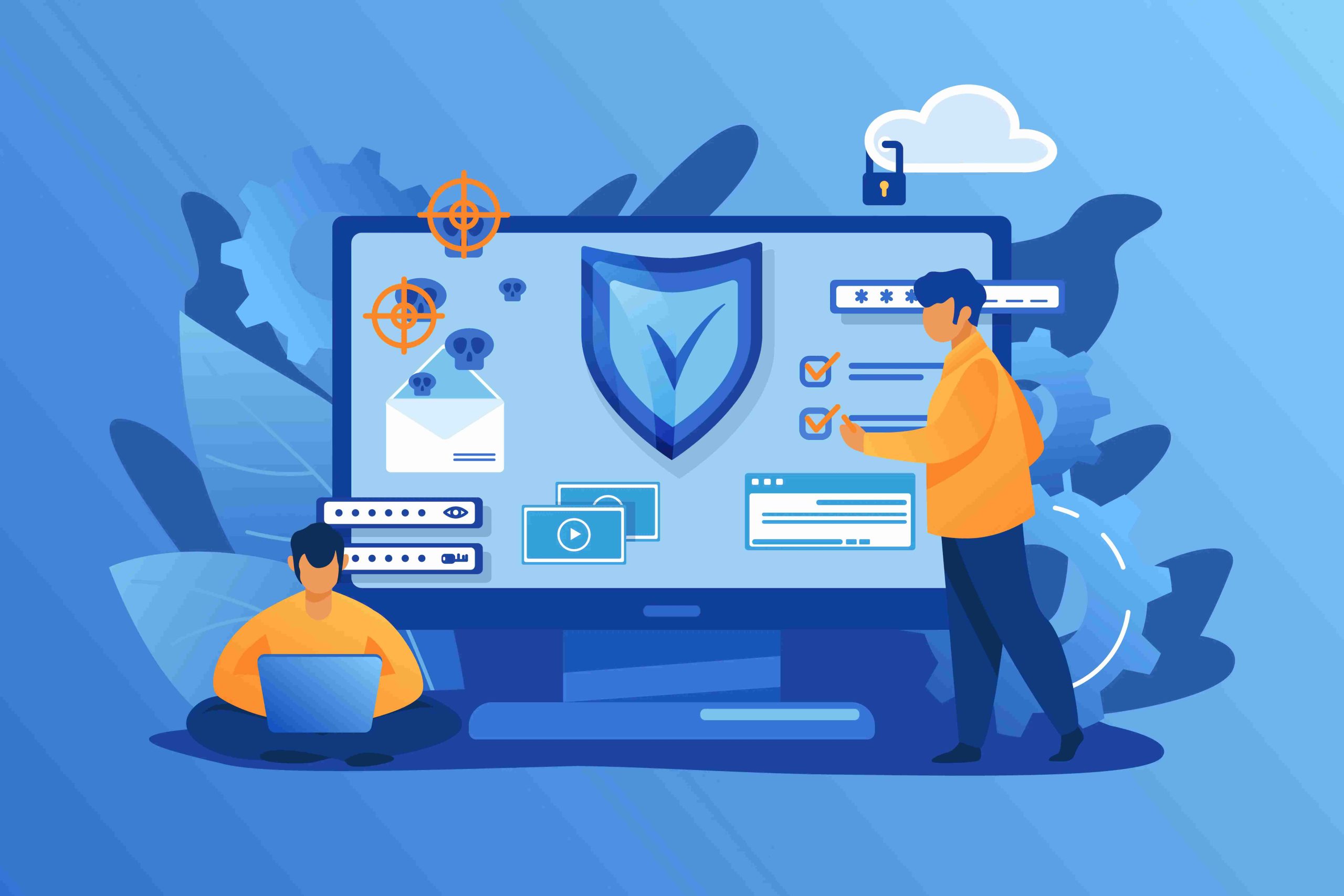In today's digital age, security is paramount for any web application, and PHP development is no exception. As businesses increasingly rely on web applications to deliver their services, ensuring the security of these applications becomes crucial to safeguard sensitive data and protect against potential threats. In this article, we will explore the importance of security in PHP development and discuss effective strategies to protect your applications from vulnerabilities.
Understanding PHP Development and Security
PHP (Hypertext Preprocessor) is a widely used server-side scripting language that is particularly popular for web development due to its ease of use and versatility. Many websites and web applications, including popular platforms like WordPress, Facebook, and Wikipedia, are built using PHP.
However, like any other programming language, PHP is not immune to security vulnerabilities. These vulnerabilities can arise due to various factors, including insecure coding practices, outdated software versions, and inadequate security measures.
Common Security Vulnerabilities in PHP Applications
-
SQL Injection: One of the most common security vulnerabilities in PHP applications is SQL injection. Attackers exploit this vulnerability by injecting malicious SQL queries into input fields, such as login forms or search bars, to manipulate the database or gain unauthorized access to sensitive information.
-
Cross-Site Scripting (XSS): XSS attacks occur when attackers inject malicious scripts into web pages viewed by other users. These scripts can steal session cookies, redirect users to malicious websites, or deface the website.
-
Cross-Site Request Forgery (CSRF): CSRF attacks trick authenticated users into unknowingly executing malicious actions on a web application. Attackers forge requests that appear to be legitimate, exploiting the user's authenticated session to perform actions like changing account settings or making unauthorized transactions.
-
File Upload Vulnerabilities: Insecure file upload functionality can allow attackers to upload malicious files to the server, leading to arbitrary code execution or unauthorized access to sensitive data.
Best Practices for Securing PHP Applications
-
Input Validation and Sanitization: Implement strict input validation and sanitization to ensure that user-supplied data is safe to use. Use PHP's built-in functions like
filter_var()andhtmlspecialchars()to sanitize input and prevent SQL injection and XSS attacks. -
Parameterized Queries: Use parameterized queries or prepared statements when interacting with databases to prevent SQL injection attacks. Parameterized queries separate SQL logic from user input, making it impossible for attackers to manipulate the query structure.
-
Secure Authentication and Authorization: Implement secure authentication mechanisms, such as password hashing and salting, to protect user credentials. Additionally, enforce proper authorization controls to restrict access to sensitive resources based on user roles and permissions.
-
Update Dependencies Regularly: Keep PHP and its dependencies up to date to patch security vulnerabilities and ensure compatibility with the latest security standards. Regularly check for updates and apply them promptly to mitigate potential risks.
-
File Upload Security: Validate file uploads to ensure that only allowed file types and sizes are accepted. Store uploaded files outside the web root directory to prevent direct access and execute uploaded files in a secure environment.
Collaborating with a PHP Development Company
For businesses looking to develop secure and reliable web applications, partnering with a reputable PHP development company is essential. A professional PHP web development company can provide expertise in security best practices, ensuring that your applications are built with security in mind from the ground up.
By leveraging the experience and knowledge of a PHP development company, businesses can mitigate security risks, enhance data protection, and safeguard their applications against potential threats. Additionally, collaborating with a PHP development company allows businesses to focus on their core operations while leaving the technical aspects of application development to the experts.
In conclusion, security is a critical aspect of PHP development, and protecting your applications from vulnerabilities should be a top priority. By implementing robust security measures, staying informed about common security threats, and collaborating with a trusted PHP development company, businesses can mitigate risks and ensure the safety and integrity of their web applications.






